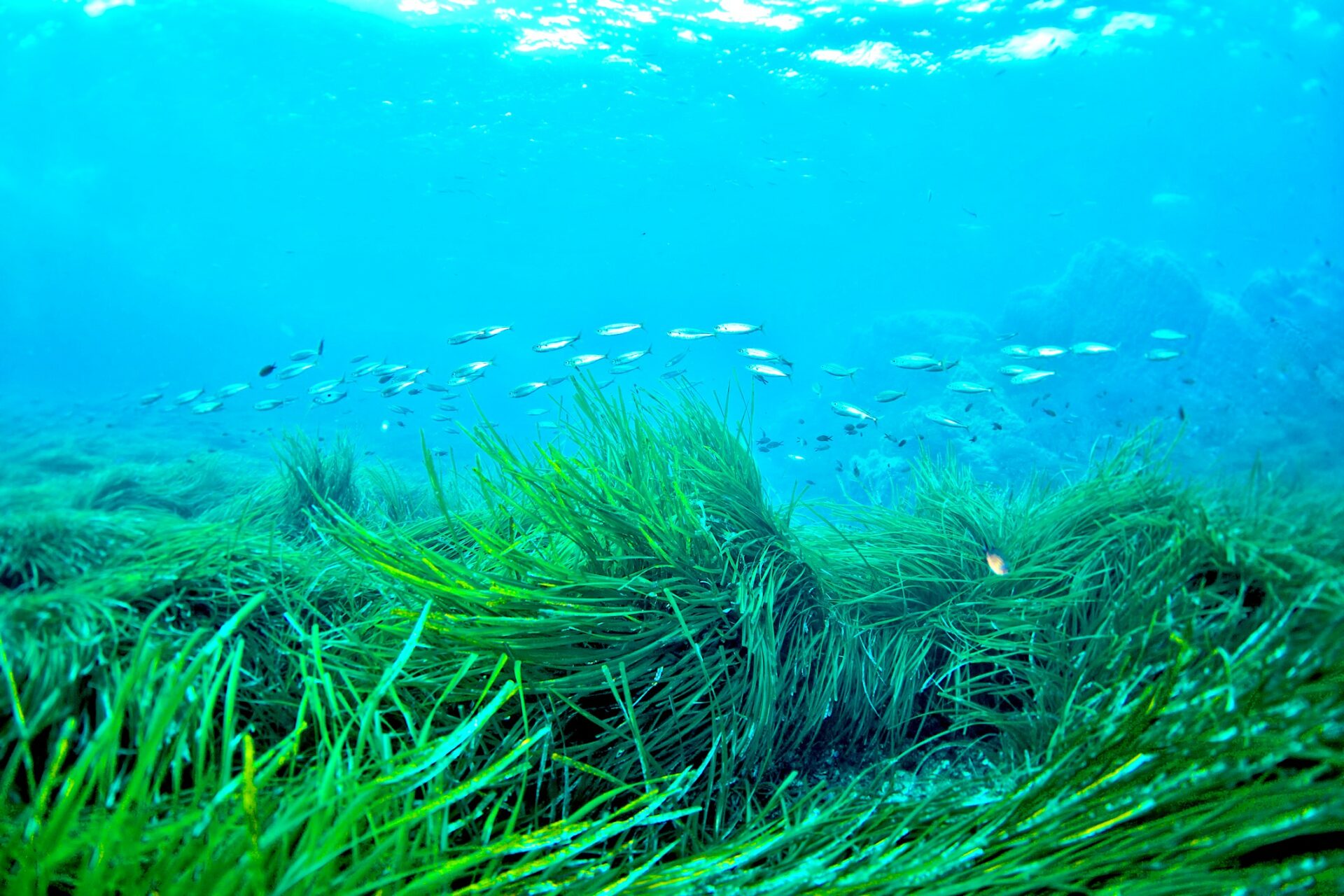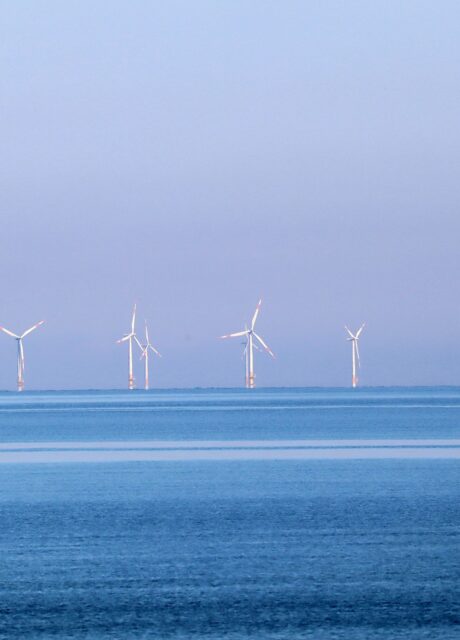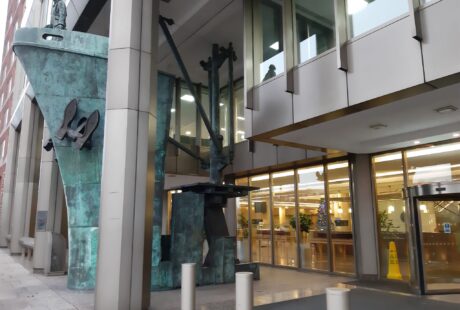As the Covid-19 pandemic continues, governments around the globe are preparing significant financial stimulus packages and bailouts. These funds will provide immediate relief to stave off the collapse of some badly hit businesses and industries and protect the incomes of workers at risk of lay-off or unemployment. However, in returning to the normal functioning of our societies and rebuilding our economies, we need to ensure that they are not only more resilient to future pandemics but also to the threat of climate change.
The ocean has a key role in fighting climate change. Seas and oceans absorb 90% of the heat trapped by greenhouse gas emissions. Mangroves, plankton, seagrass and marine mammals are very effective in sequestering CO2. We know that more biodiverse oceans are more resilient to climate change, but the ocean is in poor condition and cannot fully play its climate action role. The Blue Manifesto identifies key actions to build ocean resilience and ensure that it remains an ally in mitigating the effects of global warming, such as fully or highly protecting at least 30% of the ocean, shifting to low-impact fishing, securing a pollution-free ocean, and planning human activities so as to support the restoration of thriving marine ecosystems.

Reducing the amount of single-use plastic produced will decrease the production of greenhouse gases. According to the World Economic Forum, 4-8% of annual global oil consumption is associated with plastic production. If this reliance persists, plastics are expected to account for 20% of oil consumption by 2050 and to consume 15% of the available CO2 budget to remain below 2°C temperature increase. Counteracting increased plastic pollution must remain a priority for the European Commission, even during these difficult times. The current health crisis should not become a pretext for the industry to delay or call into question the implementation of the Single-Use Plastic Directive. Indeed, the Directive does not target medical supplies, but, rather, the 10 plastic items found most often on European beaches (fishing gear and single-use plastic packaging, food containers, cutlery, plates and cups).
Since the start of the pandemic, the European Council has discussed and agreed the measures necessary to return to normal functioning of our societies and economies. Such measures, the Council added, should promote ‘sustainable growth’, integrating the green transition and digital transformation, in line with the European Green Deal and GHG neutrality by 2050.
At national level, the first stimulus packages – including financial incentives and credit lines – have already been made available to deal with the immediate effects of the Covid-19 crisis. European countries must ensure that the conditions of access to all of these lines integrate the principles of both the Paris Agreement (to keep the temperature rise below 1.5°C) and the European Green Deal (total decarbonisation of the economy by 2050).
We are becoming aware, however, that a return to our previous normal is neither possible nor desirable. The European and national economic stimulus packages provide an opportunity for our leaders to secure a sustainable future. Industries or business models such as oil and gas, aviation and cruise shipping are unviable in their current state in a future low-carbon world and should not be eligible for bailouts funded by public money. The same can be said for operations in the energy sector, such as coal-powered plants or oil exploration. If we are to act according to the agreed principles to protect the environment and oceans, the same rules should be applied to the HORECA sector, with financial bailouts linked to efforts to reduce packaging waste.
The way forward is clear: a more sustainable economic model in Europe must use our precious public resources to foster the transition to a green, circular economy. This is the time to take an integrated approach and tackle both the health and environment emergencies, rebuilding our economy to be more resilient while changing the behaviours that lead to ecosystem destruction and – by extension – climate change and pandemics. In exchange for public money, companies must make firm commitments to carbon reduction. More than ever, taxpayers – many of whom are already under financial strain – have the right to demand transparency and responsible behaviour from the companies they are rescuing.
Like other NGOs, we are asking Member States to reform the fiscal rules to ensure continued public investment in decarbonising the economy. The EU should exclude such public investment from the calculation of the national deficit, at least temporarily.
Finally, governments must prevent future health crises by acting globally against climate change, deforestation, coastal and marine habitat destruction, biodiversity loss, and pollution. 2020 marks the final year of the United Nations Decade of Biodiversity and we urgently need to implement a strategic plan to reverse a human-induced sixth mass extinction event.
During this time of worry and uncertainty, we need to stand together and overcome the health crisis presented by Covid-19. If the pandemic has taught us anything, it is that humans are capable of changing their behaviour almost overnight, if they believe the stakes are high enough. This knowledge should guide our actions to tackle the climate crisis. The economy and the environment can – and must – go hand-in-hand: we need to take this unprecedented moment to introduce the changes that will restore our ecosystems to health and reverse the damage we have already done.
by Sciaena, Portuguese Member of Seas At Risk
Posted on: 18 May 2020



